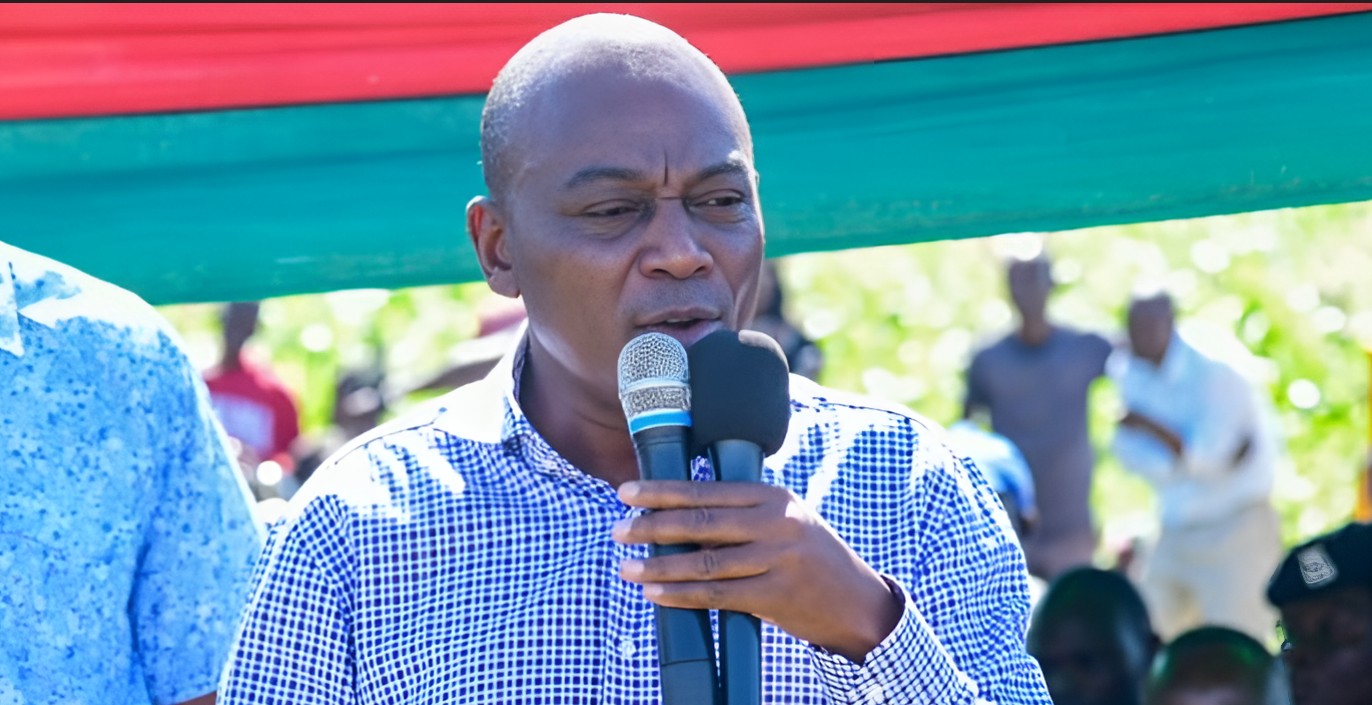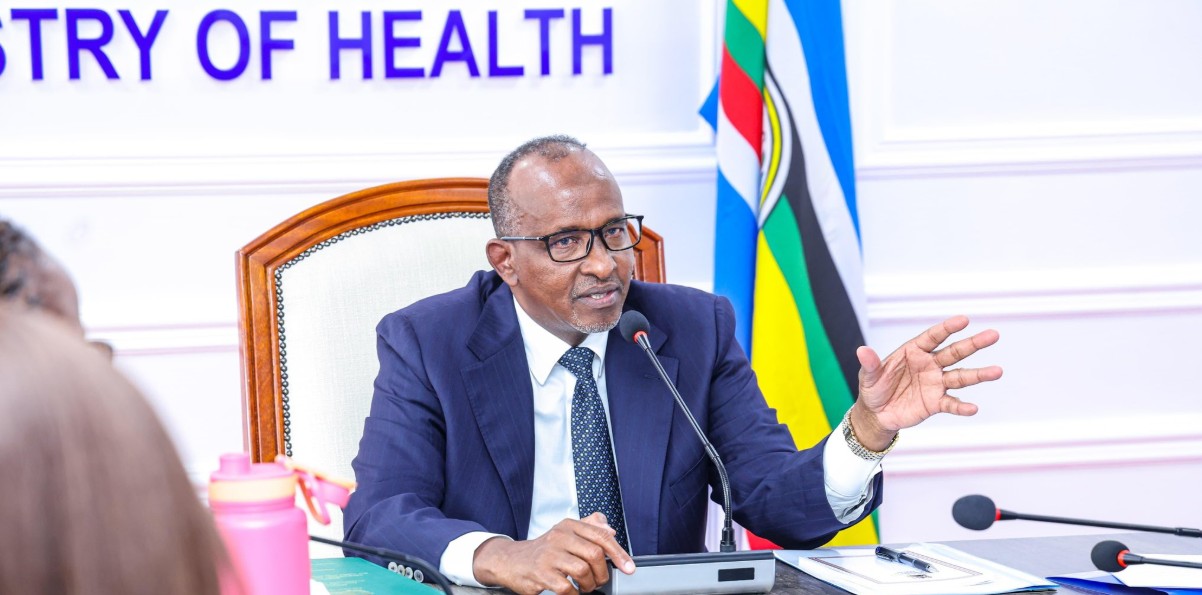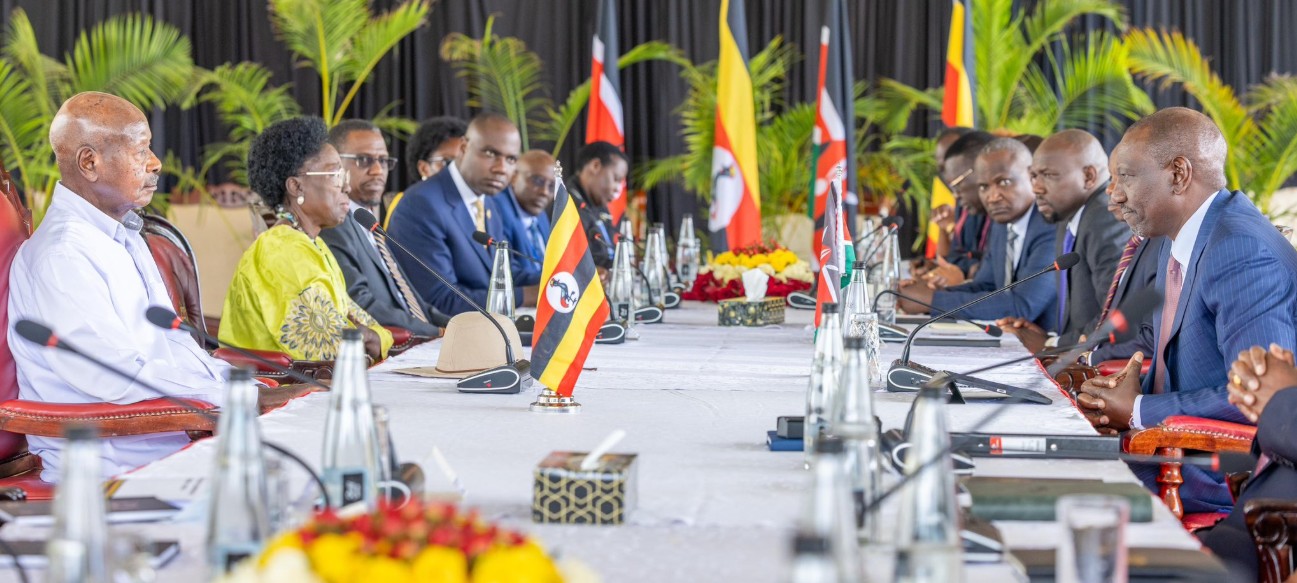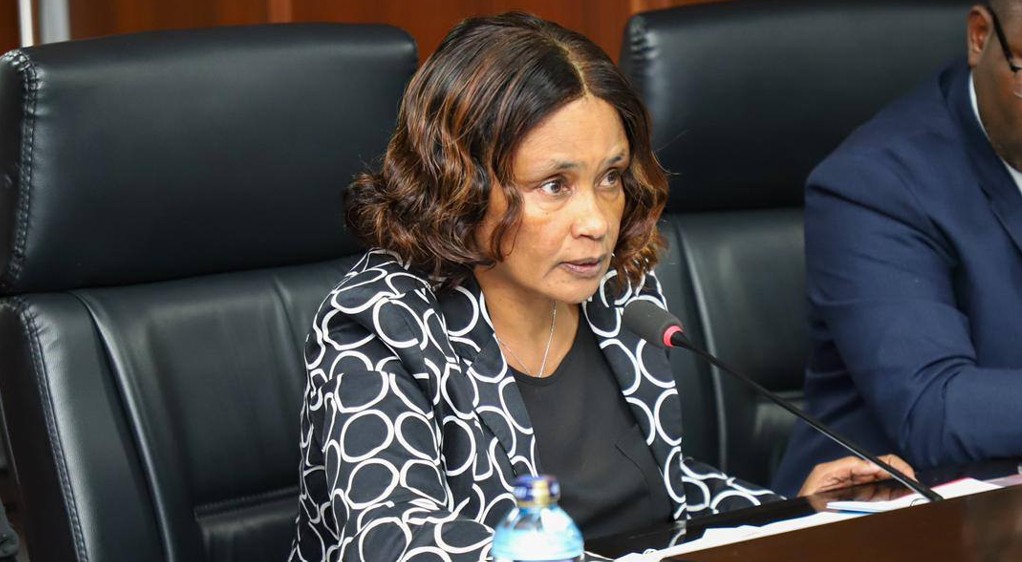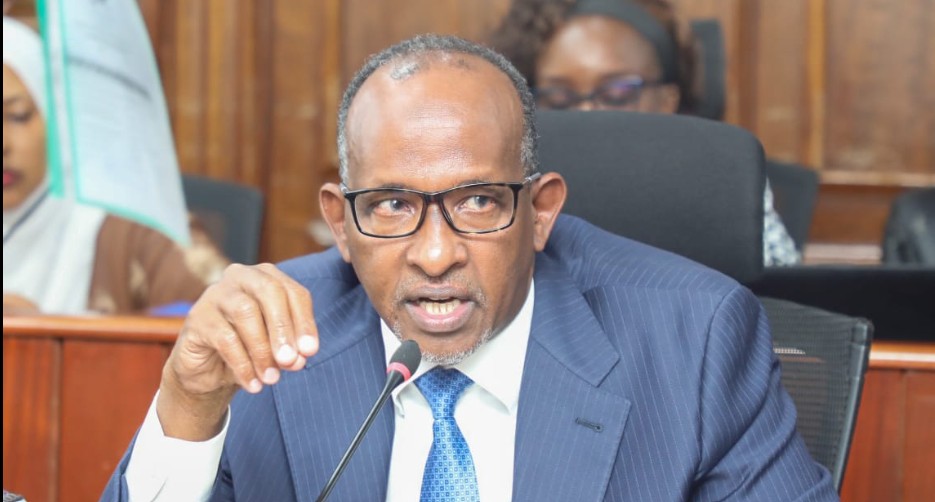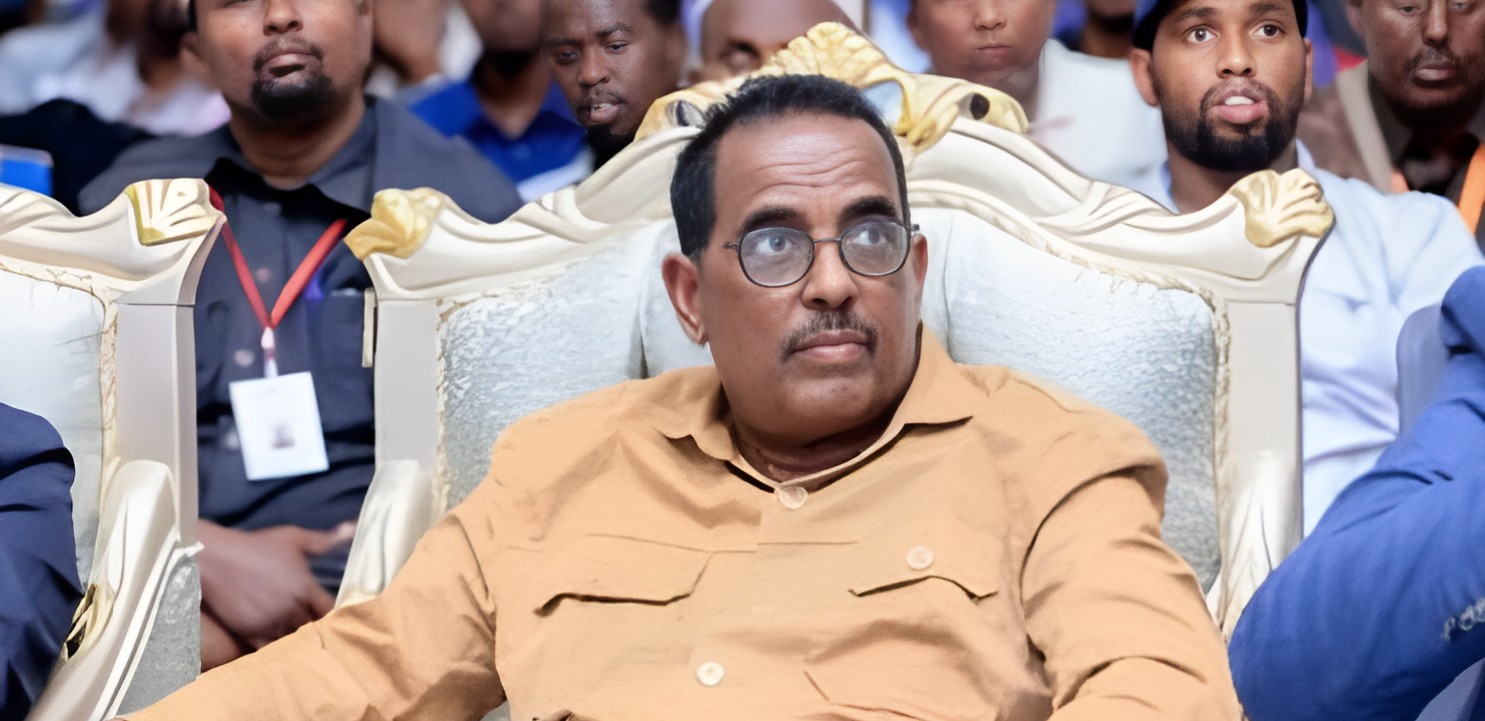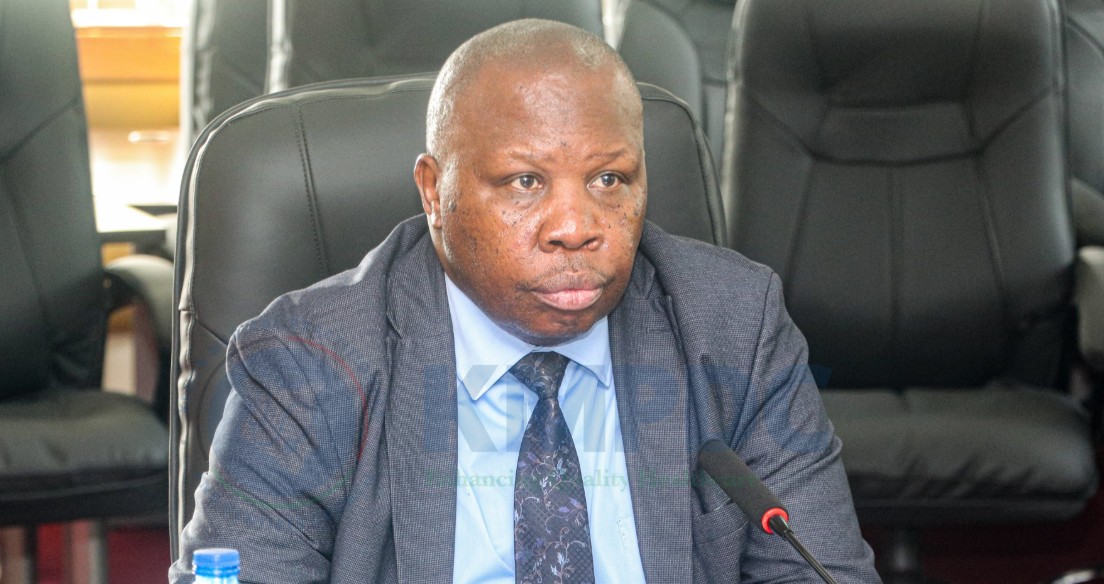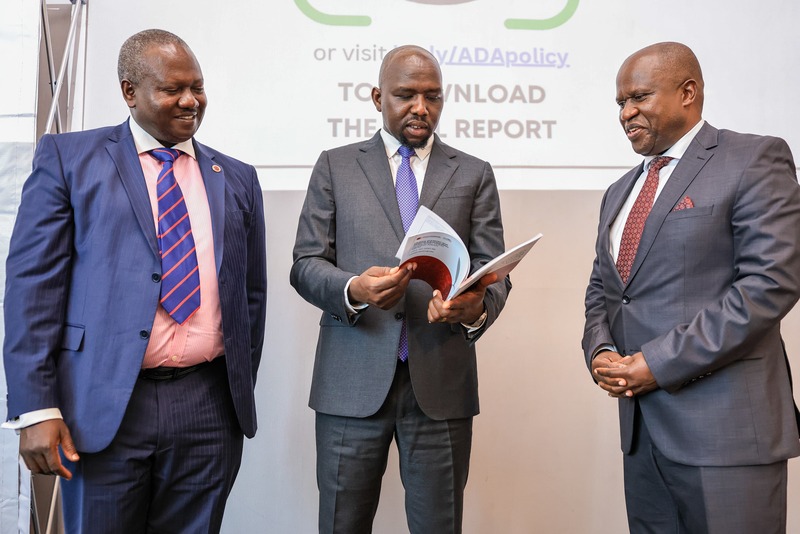Government allocates extra Sh45bn to KDF, teachers and police in 2025/26 budget
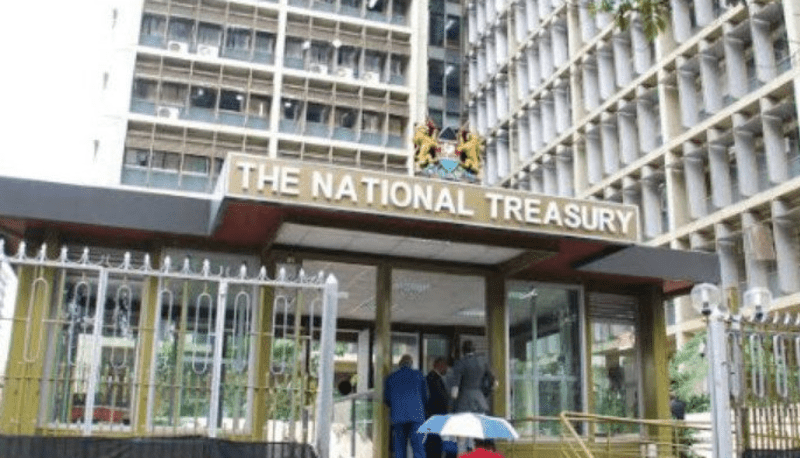
Education, military and aviation are among the major winners in the expenditure plan for the financial year starting July, even as recurrent spending for the National Assembly and Judiciary has been slashed.
The government has allocated an extra Sh45 billion to the Teachers Service Commission (TSC), Kenya Defence Forces and National Police Service in President William Ruto’s proposed Sh4.2 trillion budget for 2025/26.
Education, military and aviation are among the major winners in the expenditure plan for the financial year starting July, even as recurrent spending for the National Assembly and Judiciary has been slashed.
More To Read
- TSC still using 1997 rules to pay hardship allowance, MPs demand urgent review
- MPs demand answers over unfair teacher postings, hardship allowances
- CS John Mbadi pledges permanent placement for 20,000 intern teachers from January 2026
- Governors slam treasury over free education funding cuts
- Free education here to stay- PS Julius Bitok clarifies after uproar
- CS Mbadi under fire for saying State can’t fully fund free education
According to the budget books tabled in the National Assembly, the Treasury has increased allocation to the TCS by Sh21.66 billion, raising its recurrent spending to Sh387.08 billion in the next financial year.
The recurrent budget covers daily operational costs such as salaries, utilities, maintenance, and office supplies. A significant portion of the extra funding for TSC will go towards teacher resource management, signalling the government's intent to hire more teachers and promote existing ones. TSC has been allocated Sh376.9 billion, up from Sh354.62 billion in the current fiscal year.
The Ministry of Defence’s recurrent budget has been raised by Sh14.18 billion to Sh183.8 billion, with most of the funds directed to the KDF, Kenya Shipyards and the Kenya Meat Commission. These funds will cater for salaries, administrative costs and the maintenance of major systems and infrastructure.
The budget for the KDF specifically has been increased by 8.4 per cent to Sh182.8 billion. Kenya Shipyards, which did not receive any funding in the current financial year, has been awarded Sh5.56 billion to support its operations. The Kenya Meat Commission, which was transferred to the KDF by former President Uhuru Kenyatta, has been allocated Sh2.98 billion after receiving no funds this year.
The National Police Service has also received an additional Sh8.9 billion, pushing its budget to Sh123.7 billion as the government intensifies its focus on internal security ahead of the 2027 elections.
Newly established departments have also benefited. The State Department of Aviation and Aerospace Development has received a fresh allocation of Sh14.15 billion, while the newly formed State Department of Children Welfare Services has been allocated Sh11.37 billion.
Despite these increases, overall recurrent expenditure will only rise by Sh6.4 billion to Sh1.72 trillion. The marginal growth reflects the government’s effort to control non-essential spending, such as travel and hospitality.
Total recurrent and development expenditure now amounts to Sh3.51 trillion. County governments are expected to receive Sh474.87 billion from the exchequer, bringing the total budget to Sh4.2 trillion.
The budget will be financed largely through improved tax collection mechanisms, with the Treasury opting against introducing harsh tax measures following last year’s public backlash.
In the Finance Bill 2025, the government has instead proposed administrative measures to crack down on tax evasion.
However, a few new revenue measures have been proposed, including a vehicle tax ranging between Sh5,000 and Sh10,000, a 16 per cent VAT on bread and the removal of income tax exemptions for income earned through registered trust schemes.
With tax collection projections revised downward, the Treasury plans to bridge the funding gap through increased domestic borrowing. According to the 2025 Budget Policy Statement, net domestic borrowing will rise by Sh180.6 billion, from Sh413.1 billion to Sh593.7 billion.
“The lower interest rates in the local market present a cheaper borrowing option,” reads the statement, highlighting the shift in approach as the government seeks to meet its fiscal targets amidst subdued revenue growth.
Top Stories Today



